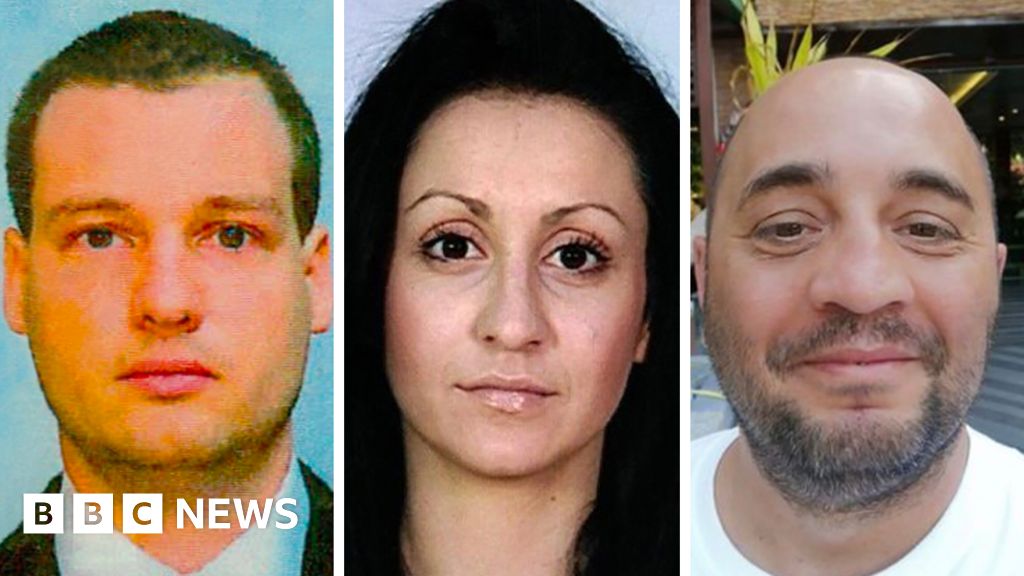Soldato
Ruble turns to rubble. The situation reminds of when I started my first job as a trainee accountant which was working at a small company that sold on-hold messages for telephone systems. The owner (my boss) had foolishly been talked into signing up to this scheme called ‘Barter Card’ which used trade pounds as it’s currency instead of real £’s (the conversation rate was meant to 1 for 1). I’m not sure when it twigged on him but he suddenly found their was a huge demand for his companies products and services when trading on this Barter Card scheme when ordinarily it required a lot of effort to sign up new customers. We had thousands of ‘Barter Pounds’ at one point but when it came to spending them it was a struggle, the existing members all wanted out and anyone who would be willing to accept Barter pounds was charging massively inflated prices.
It’s on another scale and it’s not quite the same but there are parallels between the situation with ruble and the situation my old boss got himself into. Nobody is going to want to trade in rubles because there is nothing to spend it on in-terms of add value goods, access to high tech products, cars, chemicals, medicines, advanced manufacturing machinery etc is all done in $. In the short terms Russia’s central bank can raise interest rates which will help for while, but it doesn’t fix the fundamental problems driving long terms issues with supply and demand. A country that has been too reliant on selling low end goods (gas and oil) and too little investment in building up other sectors of it’s economy, Russians are quite literally paying the price for living under autocrat for the past 25 years.
It’s on another scale and it’s not quite the same but there are parallels between the situation with ruble and the situation my old boss got himself into. Nobody is going to want to trade in rubles because there is nothing to spend it on in-terms of add value goods, access to high tech products, cars, chemicals, medicines, advanced manufacturing machinery etc is all done in $. In the short terms Russia’s central bank can raise interest rates which will help for while, but it doesn’t fix the fundamental problems driving long terms issues with supply and demand. A country that has been too reliant on selling low end goods (gas and oil) and too little investment in building up other sectors of it’s economy, Russians are quite literally paying the price for living under autocrat for the past 25 years.




